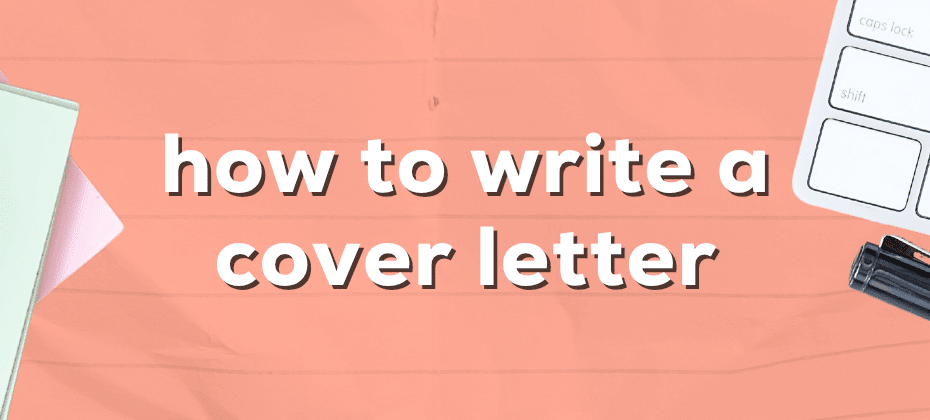How to Write a Dark Fantasy Novel
As writers, we are the architects of worlds, the creators of dreams and nightmares alike. And in the realm of dark fantasy, our pens become the wands that summon forth demons and dragons, witches and warlocks, heroes and antiheroes locked in an eternal dance of light and darkness.

